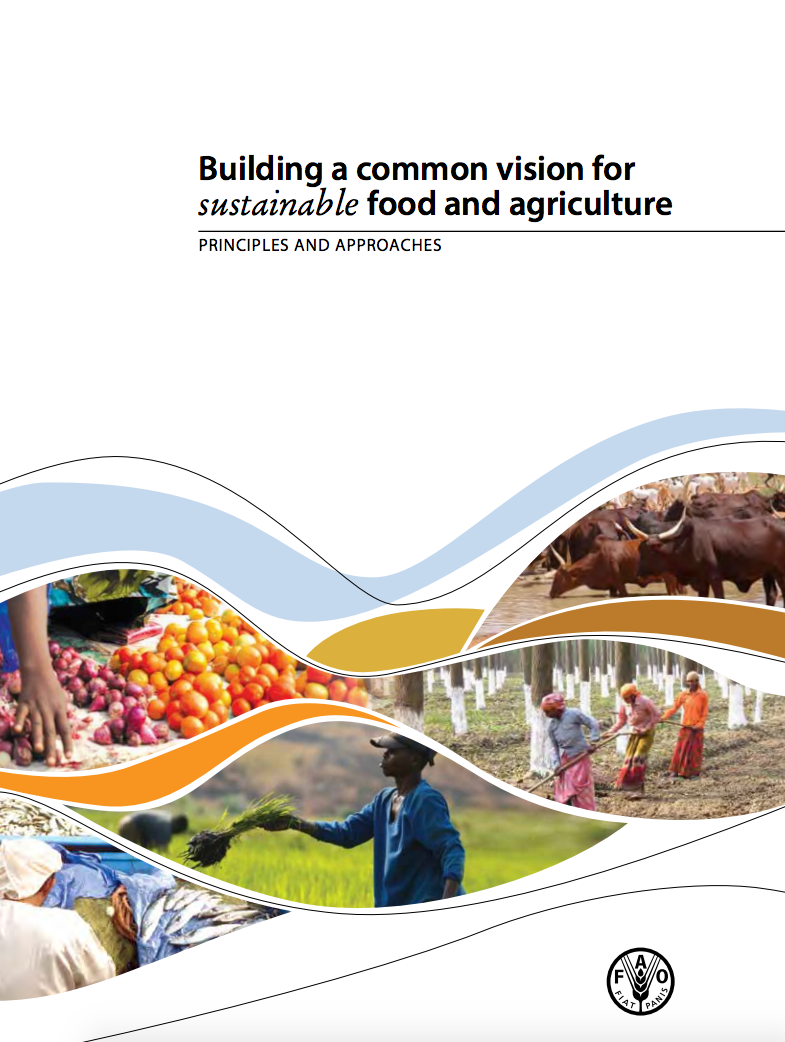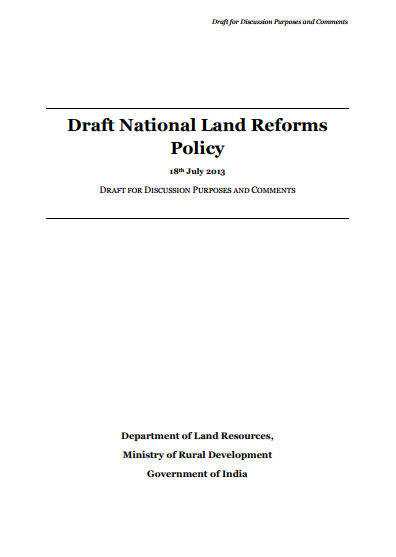LAND USE CHANGE DETECTION ALONG THE PRAVARA RIVER BASIN IN MAHARASHTRA, USING REMOTE SENSING AND GIS TECHNIQUES.
In the past few decades there has been an increasing pressure of population all over the world, especially in India, resulting in the utilization of every available patch of available land from woodlands to badlands. The study area represents a basin which is economically growing fast by converting the fallow lands, badlands and woodlands to agricultural land for the past few decades.






